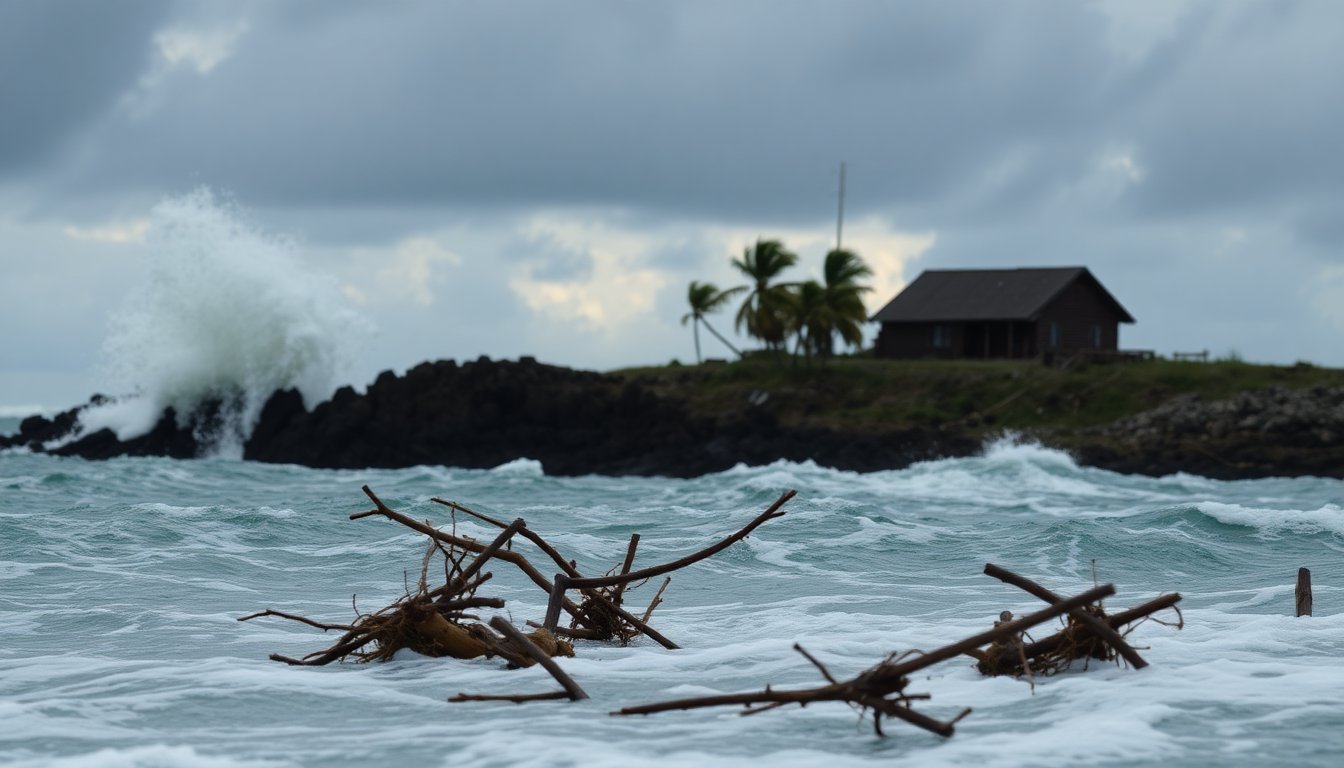Table of Contents
Recent headlines have ignited significant discussion about Bill Gates and his perspective on climate change. Phrases like “Bill Gates gives up on climate change” and “Gates bends the knee on climate issues” have circulated widely. This has prompted many to question whether the Microsoft co-founder truly believes climate change is still a priority.
This wave of commentary stems from a memo released by Gates, coinciding with Jamaica’s struggle against the devastating effects of a Category 5 hurricane. In this memo, Gates presents a perspective that challenges the prevailing narrative on climate change.
Understanding Gates’ perspective
In his memo, Gates critiques the often catastrophic framing of climate change. He states, “There’s a doomsday view of climate change that goes like this: In a few decades, cataclysmic climate change will decimate civilization. The evidence is all around us—just look at all the heat waves and storms caused by rising global temperatures. Nothing matters more than limiting the rise in temperature.” However, he counters this by asserting, “Fortunately for all of us, this view is wrong. Although climate change will have serious consequences—particularly for people in the poorest countries—it will not lead to humanity’s demise. People will be able to live and thrive in most places on Earth for the foreseeable future.”
The context of the memo
This memo, published on his GatesNotes platform ahead of the COP30 climate conference, suggests that the climate discourse may be overly fixated on temperature and emissions. Gates argues this focus could divert resources away from addressing pressing issues like poverty and hunger. His assertion has elicited mixed responses from the climate science community, with some experts expressing concern over the implications of Gates’ statements.
Reactions from the scientific community
The memo has provoked a stir among climate scientists, some of whom believe Gates is downplaying the seriousness of climate change. U.S. President Donald Trump even took to social media, claiming victory in the climate debate and interpreting Gates’ memo as an admission of error regarding the climate crisis. Gates quickly clarified that this interpretation was a “giant misreading of the memo.” He emphasized, “To be clear: Climate change is a very important problem. It needs to be solved… Every tenth of a degree of heating that we prevent is hugely beneficial because a stable climate makes it easier to improve people’s lives.”
A broader conversation
During a panel discussion hosted by Covering Climate Now, climate scientist Katharine Hayhoe noted that Gates’ assertion that climate change won’t lead to the extinction of humanity isn’t entirely inaccurate. “I have not seen a single scientific paper that ever posited that the human race would become extinct any time in this century or even a couple of centuries to come due to climate change,” she stated. Zeke Hausfather, a research scientist, echoed this sentiment, remarking that while the memo’s claim may not be inherently wrong, it raises questions regarding prioritization in addressing global challenges.
The interconnectedness of issues
Critics argue that Gates’ memo presents climate change as just one of many challenges that need to be tackled. Hayhoe elaborates on this by using a metaphor of “buckets” representing various global issues like poverty, hunger, and education, with climate change being just one of them. She argues that this oversimplification overlooks the significant role climate change plays in exacerbating these other issues, particularly for vulnerable populations.
While Gates emphasizes the need to address poverty and hunger, experts contend that climate change is deeply intertwined with these issues. Natural disasters, intensified by climate change, disproportionately affect those living in poverty, making it imperative to address both mitigation and adaptation strategies simultaneously.
Finding solutions
Experts agree on the need for a balanced approach that does not neglect climate issues while addressing immediate human suffering. Hausfather highlighted that the current environment of reduced funding for international aid necessitates a nuanced dialogue on how best to support vulnerable populations. He stated, “We can chew gum and walk at the same time,” suggesting that progress in multiple areas is feasible without sacrificing one for the other.
Ultimately, the conversation surrounding Bill Gates’ memo serves as a crucial reminder of the complexities involved in addressing climate change and related global challenges. Engaging in these discussions will be vital in shaping effective strategies for the future.


